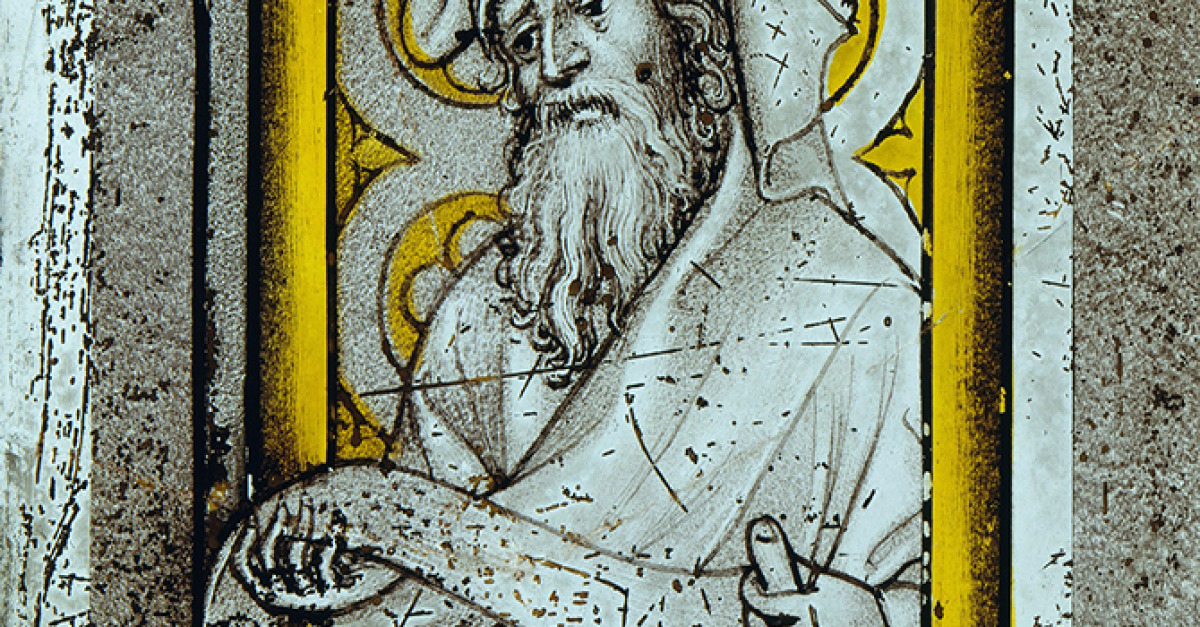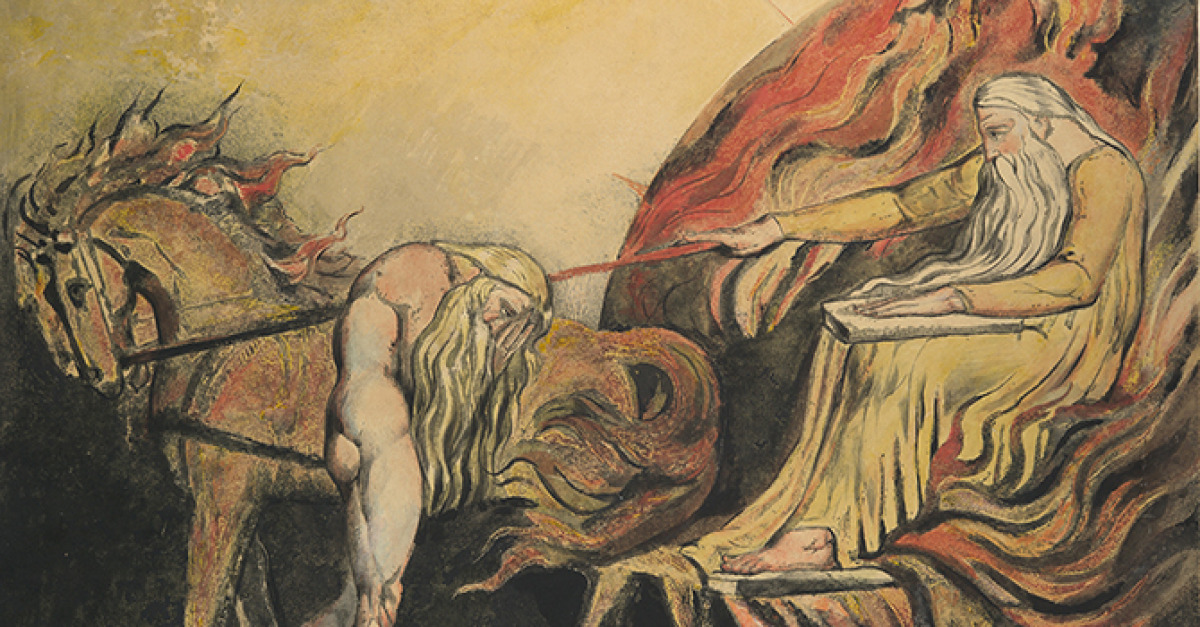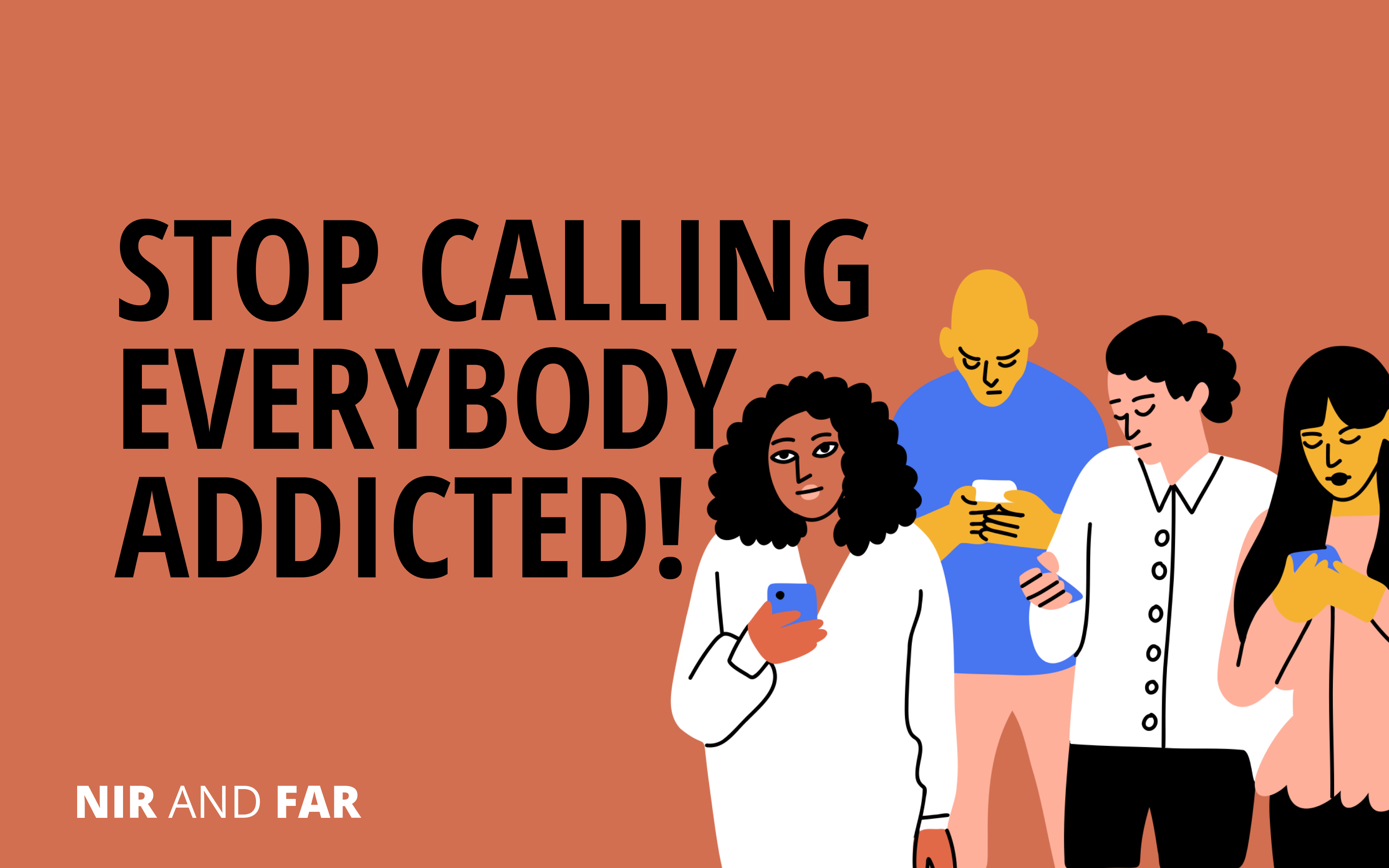
Lapham’s Quarterly
Prophet from a Throne of Solomon, French or South Netherlandish, c. 1390. The Metropolitan Museum of Art, Cloisters Collection, 1995.
Most graduation advice—whether given in boom times or moments of crisis—depicts a future replete with untrammeled ground and endless unknowns. And if you take a look at commencement addresses from the past, you’ll see a glimpse of what people in power told privileged young people to believe in and sketches of what the future could be, which we can now consider next to the reality of what came next. Lapham’s Quarterly is revisiting the history of giving advice to graduates and others in the process of acquiring knowledge or skills.
The Book of Ecclesiastes is one of the biblical “wisdom” books and belongs to an ancient literary tradition, beginning in Sumer and Babylonia, of recording the advice of sages. The word Ecclesiastes derives from the Greek ekklesiastes, or “one who addresses an assembly,” which is a rough translation of the Hebrew word Qohelet (also Koheleth), meaning “preacher” or “teacher.” Qohelet is the name given in the text by the apparent author of Ecclesiastes. He also claims to be a king of Jerusalem and the son of David. If that is his true parentage, Qohelet was King Solomon, the tenth-century-bc ruler of the Israelites. Jewish and Christian theologians have traditionally followed this attribution by placing Ecclesiastes between the Song of Solomon and the Book of Proverbs, Solomon’s other biblical writings, in the Old Testament. Yet the text’s Aramaic loanwords suggest it was composed in the third century bc , after Solomon’s kingdom was divided and Jerusalem became one of the colonies of the Achaemenid Empire.
Qohelet was a deeply cynical thinker, perhaps because of the diminished state of the Israelites. He describes a world in which success and happiness are not guaranteed, where an individual is largely powerless in the face of human greed, fallibility, and suffering. His advice for readers is to accept the futility of their lives and welcome the knowledge that all human actions are “vanity” or “vapor.” He suggests (perhaps influenced by the Greek philosophy of Epicureanism) that the best course of action is to pursue tranquility and pleasure:






















